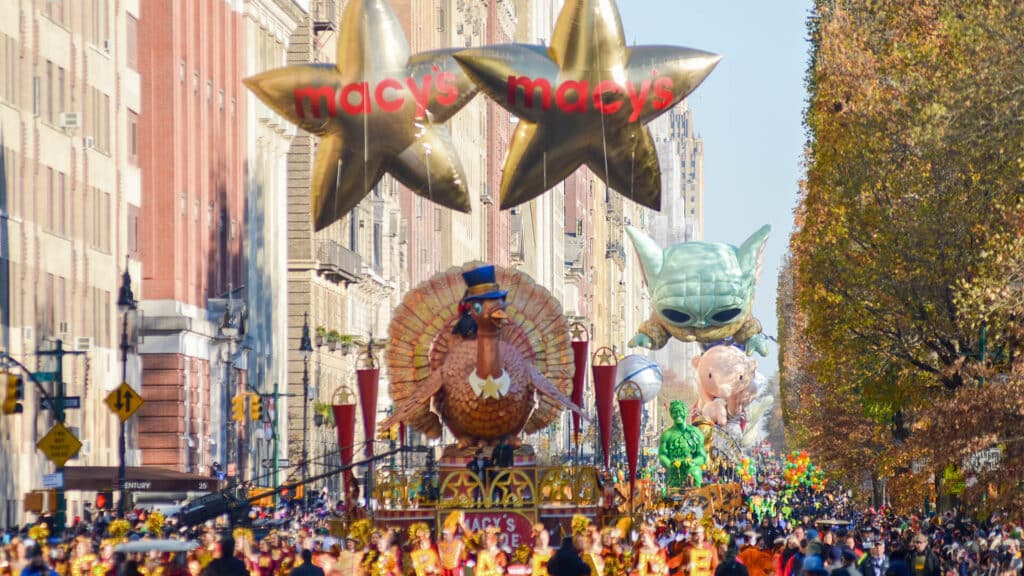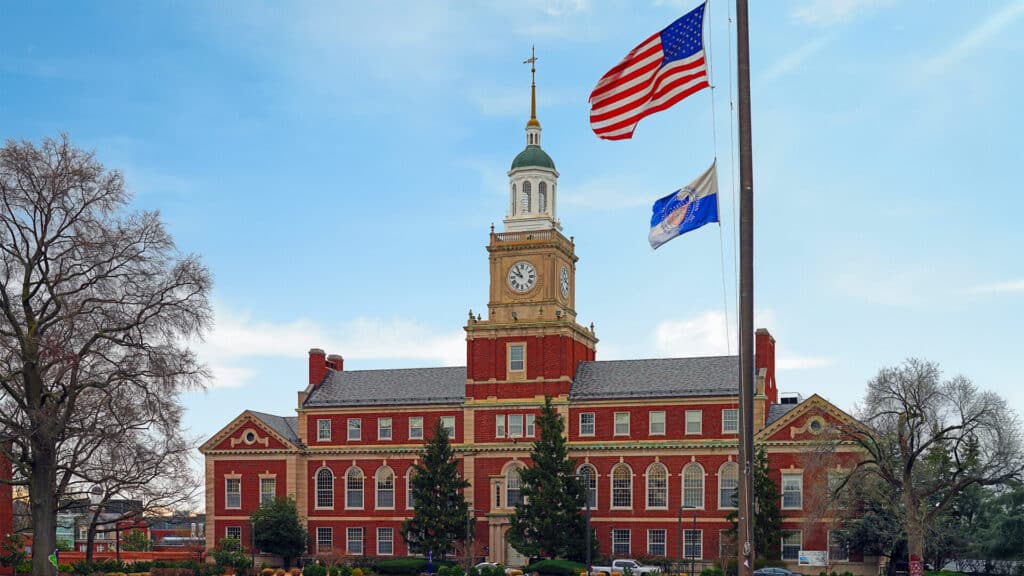Urged by President Joe Biden, the Senate approved a bipartisan measure last Thursday to impose an agreement they want rail workers to sign despite the fact that four freight rail unions opposed it, according to Vice. Now, 500 labor historians have written a letter to express their outrage at the decision, which they say could have far-reaching implications.
“History shows us that the special legal treatment of rail and other transportation strikes offers the federal government—and the executive branch in particular—a rare opportunity to directly shape the outcome of collective bargaining, for good or for ill,” the open letter to Biden and Secretary of Labor Martin Walsh states. “During the Gilded Age, presidents sent armed soldiers to break rail strikes. During World War I, Woodrow Wilson and Congress averted a rail strike by giving the workers what they wanted: the eight-hour day.”
The Senate also failed to vote in favor of another measure that would have given the freight rail employees seven more paid sick days. The railroad workers are up in arms, and historians argue workers have “eminently just demands” that would allow them to have “a livable and dignified work life schedule.”
While railroad employees are suffering under their current work schedules and have faced a 30 percent reduction in their workforce recently, companies in the industry are still profiting, according to experts. Some argue it should not be illegal for workers to strike despite Biden’s efforts, according to Time. Workers say they feel as if their voices simply are not being heard.
“It feels like President Biden ushered this in a little too early,” Matthew Weaver, a railroad carpenter, told NPR. “He kind of cut us off at the knees on our ability to have some real negotiations or real change after voting no.”
Freight rail workers primarily back a strike because they feel threatened by the corporations running the industry and their influence on the future. The issue at stake is not only how future working conditions might be affected but also the broad impact on unions nationwide moving forward. It is not yet evident how much weight the letter from labor historians will carry.











